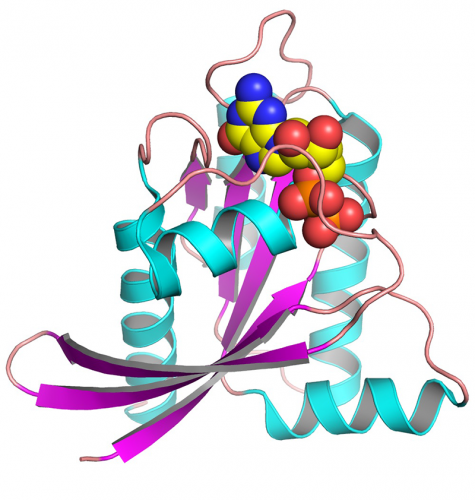A Technique To Predict Gene Resistance Can Lead to More Effective Treatments
A major challenge in treating cancer is that tumors often become resistant to treatment over time. To understand the mechanism behind this resistance, researchers at the Yale School of Public Health conducted a study on the reoccurence of cancer in patients. By gene-sequencing tumors, they determined the prevalence of oncogenic mutations that could lead to treatment resistance.
“Currently, we treat tumors with medication to target and inhibit the tumor as it is, but not to prevent the future evolution of tumors into resistant forms,” said Jeffrey Townsend, associate professor of Biostatistics and Ecology and Evolutionary Biology at Yale. His group hopes that a better understanding of the mechanism behind tumor resistance will help develop novel techniques and drugs that target not only mutations present in the tumor, but also prevent the tumor from evolving further.
The group wanted to investigate the likelihood of a tumor developing resistance to treatment and what this resistance would look like. The group chose to study KRAS, a gene frequently implicated in human cancers and well-characterized in scientific literature. They sequenced lung tumors with positive KRAS genes to determine whether other oncogenic mutations within KRAS or within other commonly mutated downstream genes were prevalent, and if they could develop resistance during and after the treatment.
The findings suggest that, for therapies targeting specific oncogenes such as KRAS, resistance is unlikely to be present at the time of treatment. However, tumors are likely to develop resistance in these genes through mutations following treatment. The study demonstrates how to characterize pathways leading to tumor resistance, a valuable tool that can be used to anticipate cancer mutations and design new targeted therapies.

